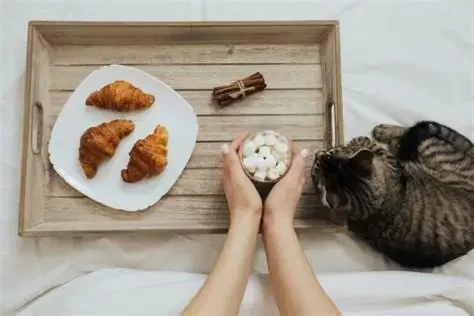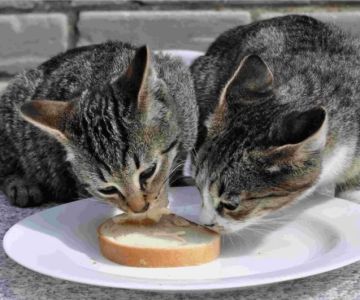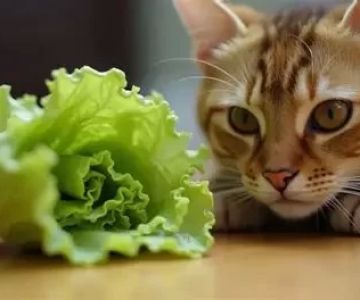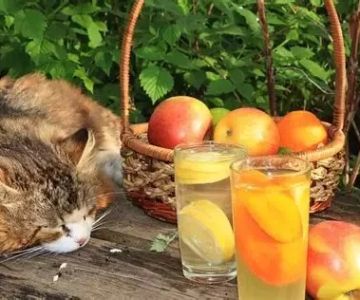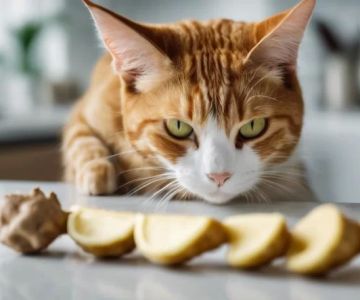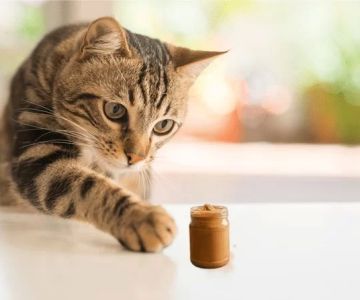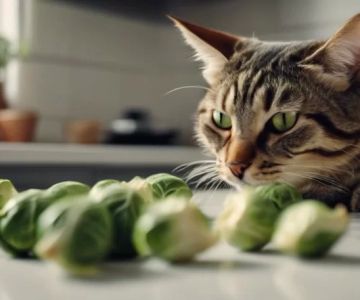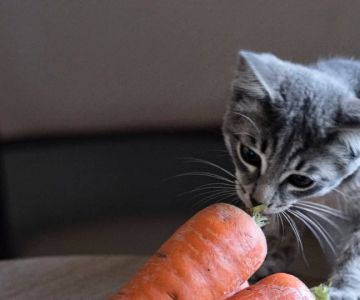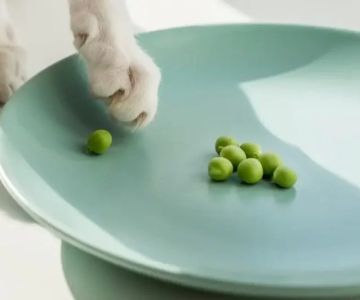- can-cats-eat-cinnamon-rolls–understanding-the-risks
- ingredients-in-cinnamon-rolls–why-they-are-dangerous-for-cats
- cinnamon-toxicity-in-cats–how-it-affects-their-health
- real-life-examples–what-happens-when-cats-eat-cinnamon-rolls
- safe-alternatives–what-your-cat-can-eat-instead
- when-to-seek-help–veterinary-guidance-and-monitoring
- expert-insight–support-from-hidden-brook-veterinary
Can Cats Eat Cinnamon Rolls – Understanding the Risks
Many pet owners wonder, “Can cats eat cinnamon rolls?” This question often comes up during breakfast time or when a curious cat sneaks toward a sugary pastry on the counter. While the idea of sharing food with a beloved cat feels sweet, cinnamon rolls are far from a safe choice. Cats metabolize ingredients differently from humans, and pastries like cinnamon rolls contain elements that may lead to digestive upset or toxic reactions.
Cat owners often underestimate how sensitive feline digestive systems are. A fluffy tabby might sniff your cinnamon roll, paw at it, or even take a quick bite if left unattended. But even small amounts can cause issues. Understanding the risks helps owners protect their pets and make informed decisions about what foods stay off-limits.
Ingredients in Cinnamon Rolls – Why They Are Dangerous for Cats
To fully understand why cats shouldn’t eat cinnamon rolls, it helps to look at what goes inside one. A typical cinnamon roll includes sugar, butter, processed flour, icing, and of course, cinnamon. While each ingredient might seem harmless to humans, the combination is problematic for cats.
1. High sugar content
Cats lack the taste receptors that allow humans to enjoy sweetness. Their bodies also cannot handle large amounts of sugar, leading to stomach upset, diarrhea, or even spikes in blood glucose. In some cases, excessive sugar consumption can contribute to long-term health issues such as obesity.
2. Butter and fats
The rich buttery dough that makes cinnamon rolls irresistible to humans can overwhelm a cat’s digestive system. Fatty foods often lead to vomiting or pancreatitis in cats, especially in those with sensitive stomachs.
3. Cinnamon itself
Although small amounts of cinnamon are less toxic than some spices, concentrated forms can irritate a cat’s mouth, digestive tract, and respiratory system. In baked goods like cinnamon rolls, the spice is usually present in levels high enough to cause discomfort.
4. Icing and additives
The sugary glaze on cinnamon rolls frequently contains artificial flavorings and dairy—both of which can irritate a cat’s stomach. Many cats are lactose intolerant, making icing particularly problematic.
Cinnamon Toxicity in Cats – How It Affects Their Health
Cinnamon toxicity is rare but possible, especially if a cat eats a concentrated form of cinnamon or consumes a baked good containing more spice than their body can tolerate. Cats lack certain enzymes that break down cinnamaldehyde, the compound responsible for cinnamon's aroma and flavor.
Common symptoms of cinnamon exposure
Cat owners should monitor for signs such as coughing, wheezing, vomiting, diarrhea, mouth irritation, or lethargy. These symptoms can appear within a few hours of ingestion. Although mild cases may resolve on their own, more severe reactions require veterinary care.
Increased risk for small or elderly cats
Kittens and senior cats are especially vulnerable to harmful reactions. Their systems have a harder time processing irritants, and they may develop symptoms more quickly.
Real-Life Examples – What Happens When Cats Eat Cinnamon Rolls
Many veterinarians have seen cases where cats accidentally consume cinnamon rolls or other pastries. One memorable story comes from a family whose cat swiped a freshly baked mini cinnamon roll off the kitchen table. Within two hours, the cat began drooling and showing signs of abdominal discomfort. The family rushed her to the clinic, where the veterinarian recommended fluids and monitoring. Thankfully, she recovered quickly, but the experience served as a reminder of how even small bites can cause trouble.
Online communities share similar stories—most begin with a playful cat and end with owners frantically searching for answers. These anecdotes highlight a consistent message: pastries and feline stomachs don’t mix well.
Safe Alternatives – What Your Cat Can Eat Instead
If you want to treat your cat while enjoying your cinnamon rolls, there are safer options that won’t upset their stomach. Cats thrive on high-protein foods rather than sugary snacks. Offering small bites of cooked chicken, turkey, or specialized cat treats satisfies their curiosity without risking their health.
Healthy treat ideas
Pet stores offer freeze-dried meats, low-calorie cat biscuits, and single-ingredient treats designed specifically for feline nutrition. These snacks keep your cat engaged while supporting their dietary needs.
When to Seek Help – Veterinary Guidance and Monitoring
If your cat has eaten part of a cinnamon roll, stay calm but observant. Monitor them for symptoms such as vomiting, drooling, coughing, or unusual behavior. If symptoms appear—or if your cat consumed a large amount—contact a veterinarian for advice.
Veterinary guidance ensures your cat receives proper care and avoids complications. Even when reactions seem mild, checking with a professional is always the safest option.
Expert Insight – Support from Hidden Brook Veterinary
Asking “Can cats eat cinnamon rolls?” is an important step toward protecting your pet. The answer is clear: cinnamon rolls and similar pastries are not safe for cats. Owners who want personalized dietary advice or help evaluating symptoms can turn to Hidden Brook Veterinary for knowledgeable recommendations and pet-safe product guidance.
Your cat’s health depends on informed choices, and keeping sugary pastries out of reach is one of the simplest steps you can take to ensure their well-being.

